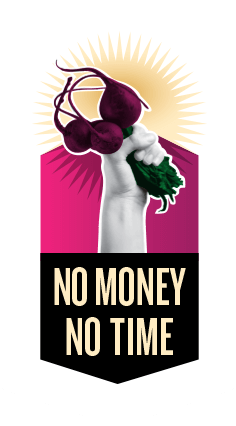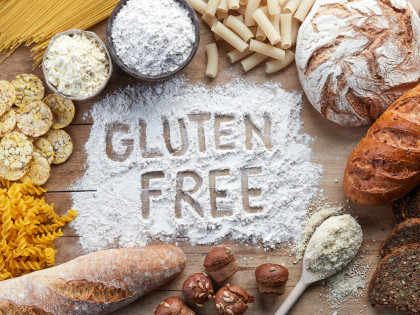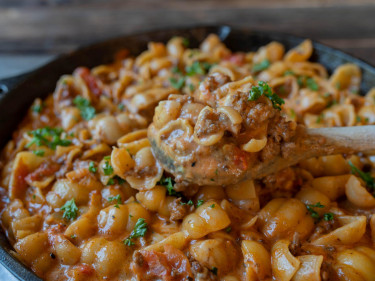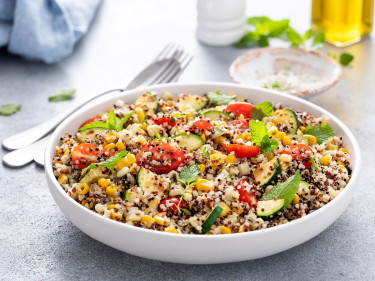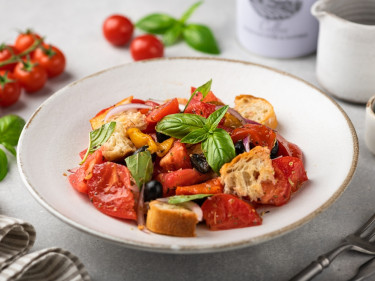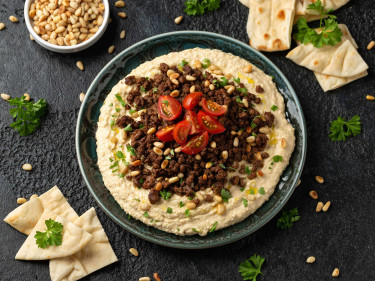- 1 medium zucchini
- 1 medium red onion
- 3 medium white potatoes
- 1 medium carrot
- 1/2 broccoli
- 1 tbsn extra virgin olive oil
- 300g pasta
- 1 x 400g tin diced tomatoes
- 1 tbsn tomato paste (no added salt)
- 425g tin tuna (in springwater)
- 3/4 cup lite tasty cheese (grated)
- (Optional) lemon (to serve)
Tuna & Veggie Pasta Bake
An easy pasta throw together with lots of veggies
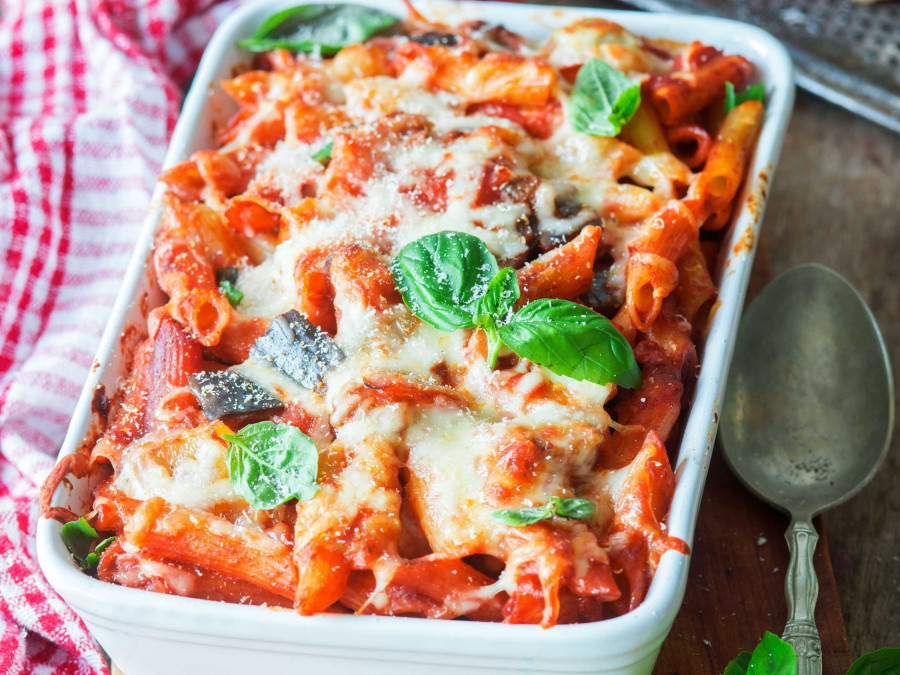
Alternative Gear
Ingredients
It’s this easy
- Preheat the oven to moderate heat (170C fan forced)
- Chop up the zucchini, red onion, carrot, potatoes and broccoli into small pieces (around 2cm long for the carrots and 3cm long for the rest)
- Spread these out onto a baking tray, drizzle with the olive oil, and place in the oven to bake for 35-40 minutes or until cooked through (check them about 20 mins in and turn/mix them up to get a nice even bake)
- Bring a pot of water to the boil and cook the pasta for 10 minutes or until cooked through
- Once the pasta is cooked, drain the water off and add the tin of tomatoes, tomato paste and tuna to the pasta and stir through
- Once the veggies are baked add these and the pasta mixture to a large, deep baking dish and stir to combine
- Spread the grated cheese over the top and bake for 10-15 minutes or until the cheese is melted, slice into 5 serves
- (Optional) squeeze lemon juice over each slice of tuna bake
Tweaks
- Substitute other veggies if you don't have these e.g. pumpkin, sweet potato, cauliflower, capsicum
- Add some pine nuts on top with the cheese for a little crunch and nutty flavour
Notes
Nutrition information (per serve):
- Energy (1982kJ)
- Protein (37.6g)
- Total fat (9.7g)
- Saturated fat (3.4g)
- Carbohydrate (54.1g); Starch (46.2g), Sugars (8.4g), Added sugars (0g), Free sugars (0g)
- Dietary fibre (6.6g)
- Sodium (440mg)
- Calcium (226mg)
- Iron (3.5mg)

